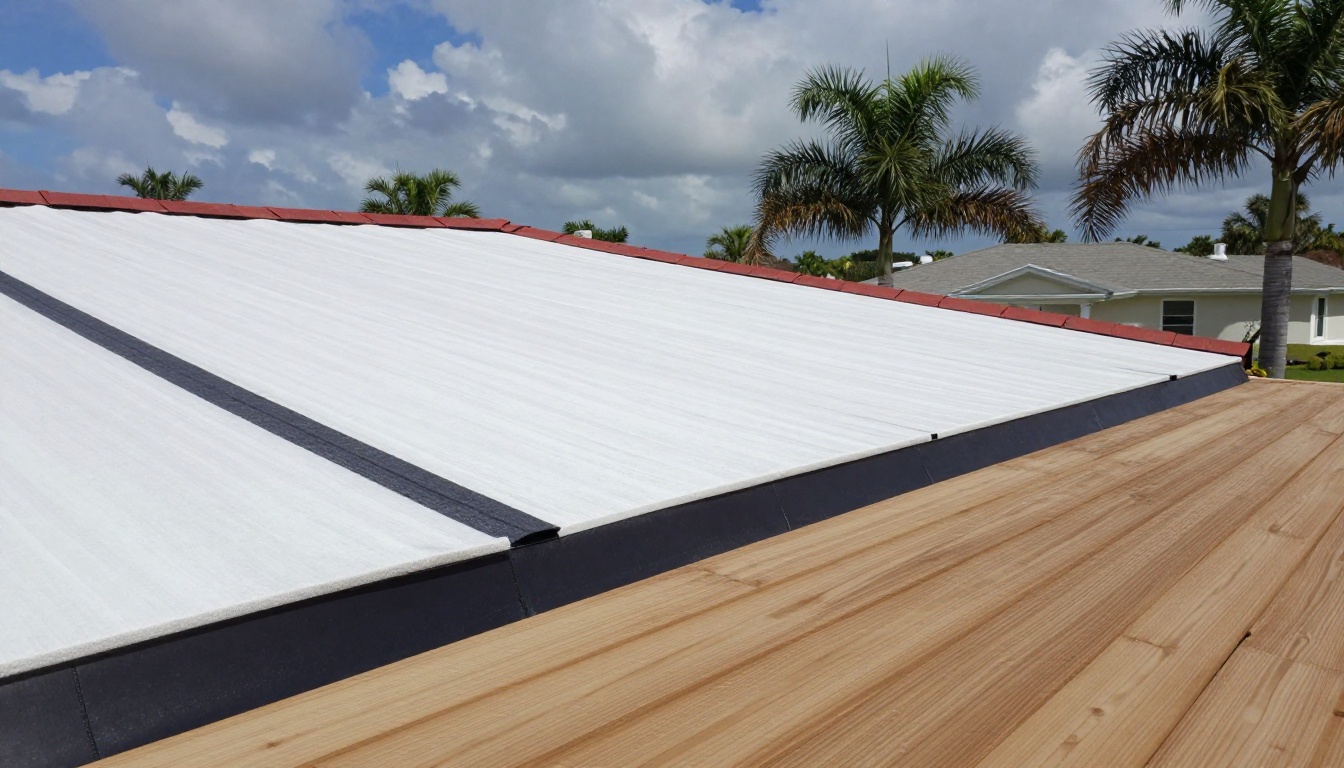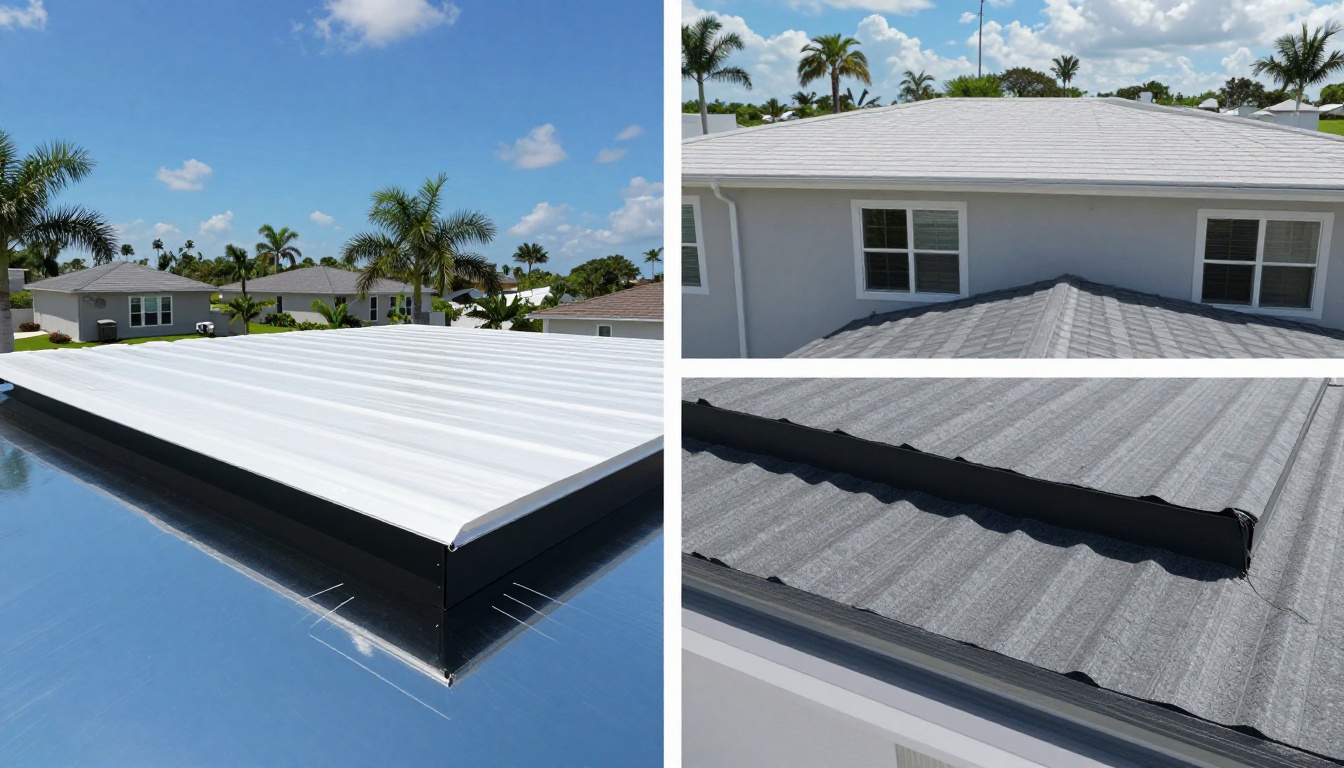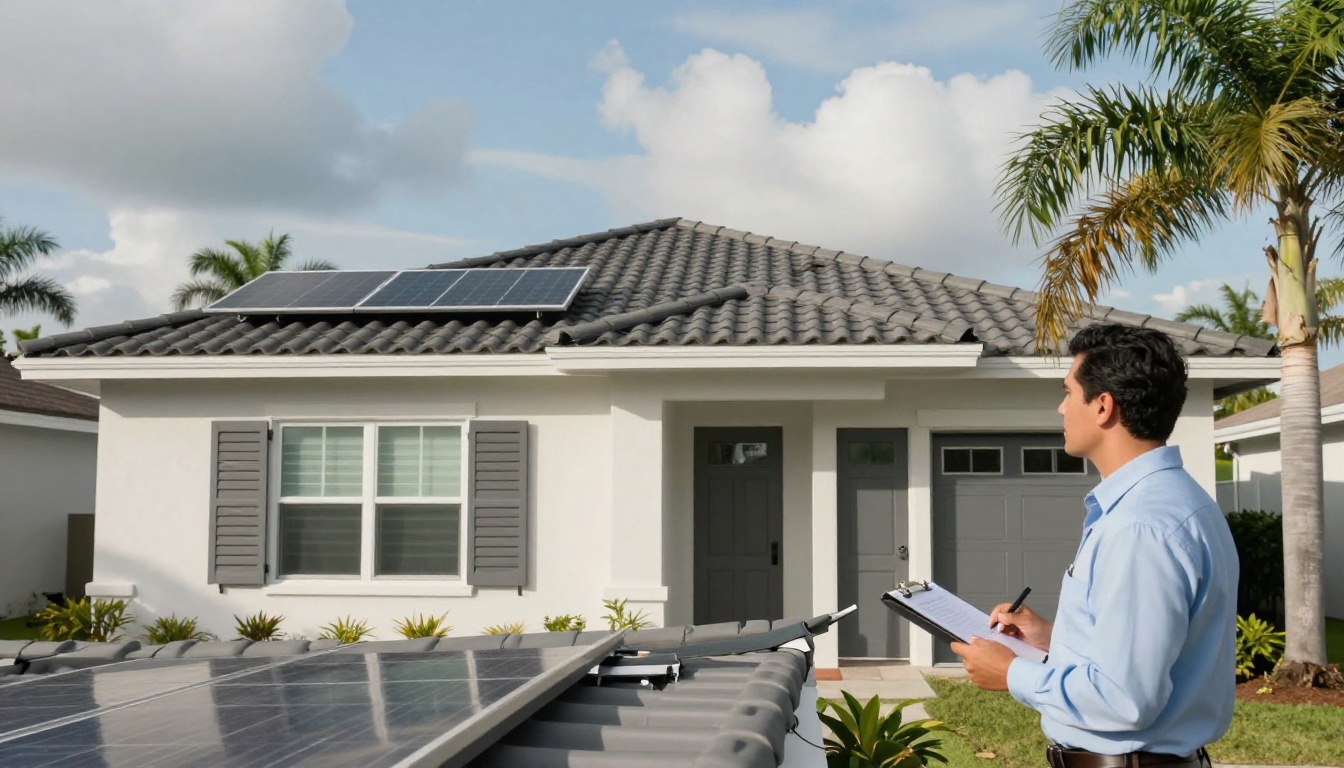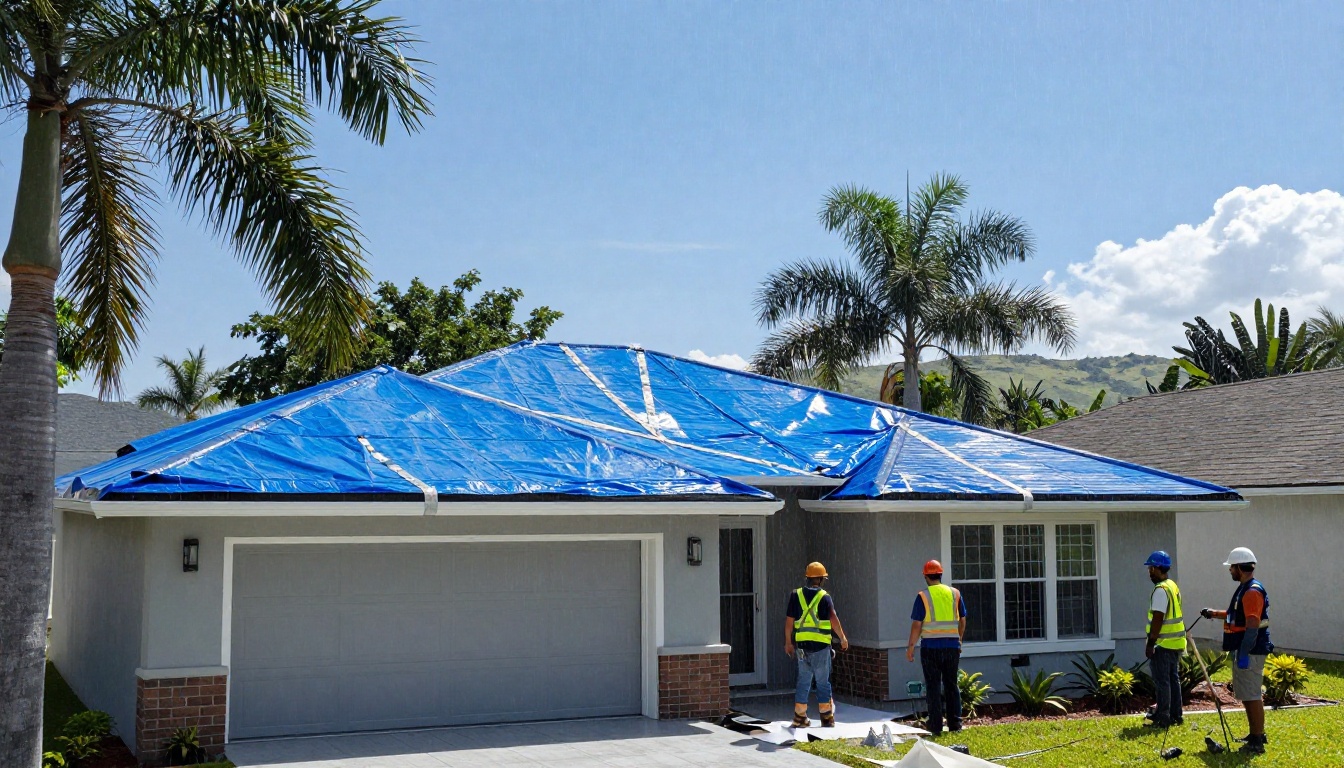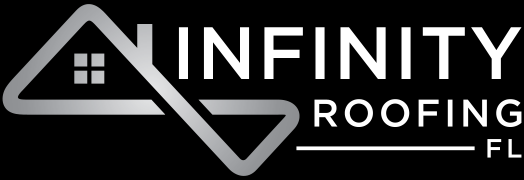Essential Roof Maintenance Checklist for Cape Coral Homeowners
Essential Roof Maintenance Checklist for Cape Coral Homeowners
Understanding the Importance of Regular Roof Maintenance
Regular roof maintenance is crucial for protecting your home from the unique challenges posed by Cape Coral's climate. High winds, intense heat, and humidity can all take a toll on roofing materials , leading to leaks, structural damage, and costly repairs if left unchecked. By staying proactive with routine care, you can prevent small issues from escalating into major problems that could compromise your home’s safety and value.
Beyond avoiding expensive repairs, consistent roof maintenance helps extend the lifespan of your roof, ensuring it performs optimally for years to come. For Cape Coral homeowners, where weather conditions are particularly harsh, investing time in roof care not only safeguards your property but also provides peace of mind. With this in mind, let’s explore what to look for during visual inspections.
Visual Roof Inspections: What to Look For
Conducting regular visual inspections is one of the simplest yet most effective ways to maintain your roof. Start by examining the surface for signs of wear and tear, such as cracking, blistering, or missing shingles. These issues may seem minor at first, but they can lead to water infiltration and further damage if ignored. Additionally, keep an eye out for color inconsistencies, which might indicate mold or algae growth—a common problem in Florida’s humid environment.
While performing these checks, remember to prioritize safety by using a sturdy ladder and avoiding risky climbs onto the roof itself. If you notice any concerning signs, it’s wise to address them promptly before they worsen. Now that we’ve covered visual inspections, let’s discuss how to identify potential structural problems like sagging sections.
Checking for Structural Integrity and Roof Sagging
A sagging roof is a red flag that shouldn’t be ignored, as it often indicates significant underlying structural issues. This could be caused by water damage, poor installation, or even termite infestations weakening the supports. If you spot any areas where the roof appears uneven or drooping, contact a professional immediately to assess and resolve the issue before it leads to catastrophic failure.
Inspecting Roof Flashing, Valleys, and Penetrations
Roof flashing plays a critical role in preventing water intrusion by sealing vulnerable areas around chimneys, valleys, and vents. Made from materials like metal or rubber, flashing directs water away from these weak points, reducing the risk of leaks. Over time, however, flashing can corrode, crack, or become loose, compromising its effectiveness.
During your inspection, check for signs of flashing damage, such as rust, gaps, or lifted edges. Promptly addressing these issues is essential, as damaged flashing can allow water to seep into your home, causing interior damage and mold growth. With flashing covered, let’s move on to another key aspect of roof health: gutters and drainage systems.
Gutters and Drainage Maintenance
Properly functioning gutters and downspouts are vital for directing rainwater away from your roof and foundation. In Cape Coral, heavy rains can quickly overwhelm clogged gutters, leading to water backup and roof leaks. To prevent this, regularly clear debris such as leaves, twigs, and dirt from your gutters and ensure downspouts direct water at least five feet away from your home’s base.
Neglecting gutter maintenance doesn’t just harm your roof—it can also cause foundation damage due to water pooling near your home. By keeping these systems clean and functional, you’ll protect both your roof and the structural integrity of your house. Next, we’ll delve into some common roof issues specific to Florida’s climate.
Identifying and Addressing Common Florida Roof Issues
Cape Coral homeowners face unique challenges when it comes to roof maintenance, thanks to Florida’s tropical climate. Algae growth, standing water, and blistering are frequent culprits, often exacerbated by high humidity and intense sunlight. Algae not only discolors your roof but can also trap moisture, accelerating material degradation over time.
Another prevalent issue is cracked or warped roofing materials , which result from constant exposure to heat and UV rays. Addressing these problems early can prevent more extensive damage and preserve your roof’s appearance and functionality. Understanding these regional concerns sets the stage for knowing when to bring in a professional for help.
When to Schedule Professional Roof Inspections
Cape Coral homeowners should schedule professional roof inspections at least once a year, ideally before hurricane season begins. Additionally, it’s important to have your roof assessed after severe weather events like storms or hail, which can cause hidden damage. A certified roofer can identify issues that may not be visible during casual inspections, ensuring your roof remains in top condition.
Understanding Roof Permit and Inspection Requirements in Cape Coral
In Cape Coral, certain roof repairs or replacements require permits and inspections to comply with local building codes. According to Lee County guidelines, projects involving structural changes or significant material replacements must undergo official review to ensure compliance. Failing to obtain the necessary permits can lead to fines or complications when selling your home.
To navigate this process smoothly, consult with a licensed contractor who understands the local regulations and can handle documentation on your behalf. Proper permitting ensures your roof meets safety standards while protecting your investment. With legal requirements covered, let’s explore some DIY tasks you can safely perform yourself.
DIY Roof Maintenance Tasks for Homeowners
There are several safe and straightforward roof maintenance tasks that homeowners can tackle themselves. Removing debris from the roof surface, cleaning gutters, and conducting basic visual inspections are all manageable jobs that don’t require specialized skills. Performing these tasks regularly helps catch minor issues before they escalate.
However, it’s important to recognize your limits and leave complex repairs to professionals. Climbing onto your roof or attempting intricate fixes without proper training can be dangerous and may void warranties. Knowing which tasks to DIY and which to delegate ensures both your safety and the longevity of your roof.
When to Call a Roofing Professional
If you notice warning signs like large leaks, widespread missing shingles , or persistent sagging, it’s time to call a certified roofer. These symptoms suggest significant damage that requires expert attention. Attempting to fix such problems yourself could worsen the situation, so trust a qualified professional to restore your roof’s integrity.
Seasonal Maintenance Checklist for Florida Roofs
Florida’s weather demands a tailored approach to seasonal roof maintenance. Before hurricane season, inspect your roof for loose shingles, secure flashing, and clear gutters to minimize storm damage. After a storm, check for dents, punctures, or other signs of impact, and address them promptly to prevent leaks.
During the hotter months, focus on mitigating heat-related stress by ensuring proper ventilation and addressing any blistered or warped materials. Following a seasonal checklist helps prepare your roof for whatever Mother Nature throws its way. Speaking of preparation, maintaining thorough records is equally important.
Roof Maintenance Documentation and Warranties
Keeping detailed records of roof inspections, repairs, and warranty information is invaluable for both insurance purposes and future resale. Documenting maintenance activities demonstrates responsible homeownership and can streamline claims processes in case of damage. It also ensures you’re aware of warranty terms, helping you avoid unexpected expenses.
Frequently Asked Questions
How often should I inspect my roof in Cape Coral?
Homeowners in Cape Coral should inspect their roofs at least twice a year—once in spring and once in fall—and always after major storms. Regular inspections help catch issues early and prevent costly repairs down the line.
What signs indicate my roof needs immediate repair?
Signs that your roof requires urgent attention include large leaks, extensive missing shingles , visible sagging, and persistent damp spots on ceilings or walls. Ignoring these indicators can lead to severe structural damage and increased repair costs.
Can I do roof maintenance myself or should I hire a professional?
Simple tasks like debris removal and gutter cleaning are safe for DIY, but anything involving climbing onto the roof or making structural repairs should be left to professionals. Hiring a licensed roofer ensures the job is done safely and correctly.
Are there any Cape Coral-specific roofing regulations I should know?
Yes, Cape Coral follows Lee County guidelines requiring permits for major roof repairs or replacements. These regulations ensure compliance with local building codes and help protect homeowners from potential liabilities.
What is the best time of year for roof maintenance in Florida?
The ideal times for roof maintenance in Florida are late spring and early fall, outside of peak hurricane season. These periods allow you to prepare for extreme weather while avoiding the height of summer heat.
Conclusion
Maintaining your roof in Cape Coral requires diligence and a proactive approach tailored to the region’s challenging climate. From conducting visual inspections to scheduling professional assessments, following a consistent maintenance routine can significantly extend your roof’s lifespan and save you money in the long run. By staying vigilant and addressing issues promptly, you’ll protect your home from costly damage and ensure it remains a safe haven for years to come.
Take action today by starting with a thorough visual inspection of your roof and documenting your findings. Consider downloading or printing this essential checklist to guide your efforts. If you have questions or concerns about your roof’s condition, don’t hesitate to reach out to a qualified roofer who can provide expert advice and assistance.
